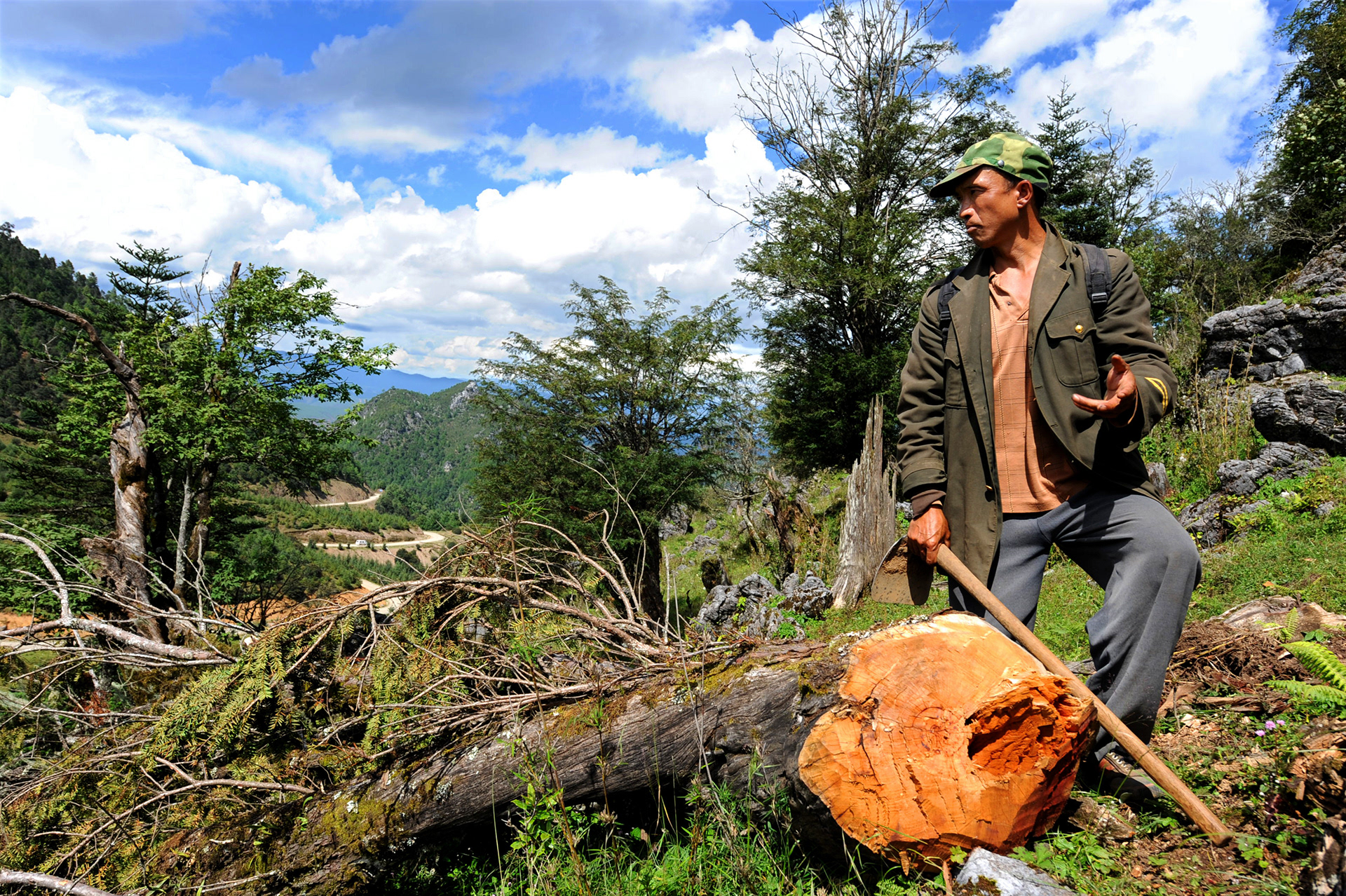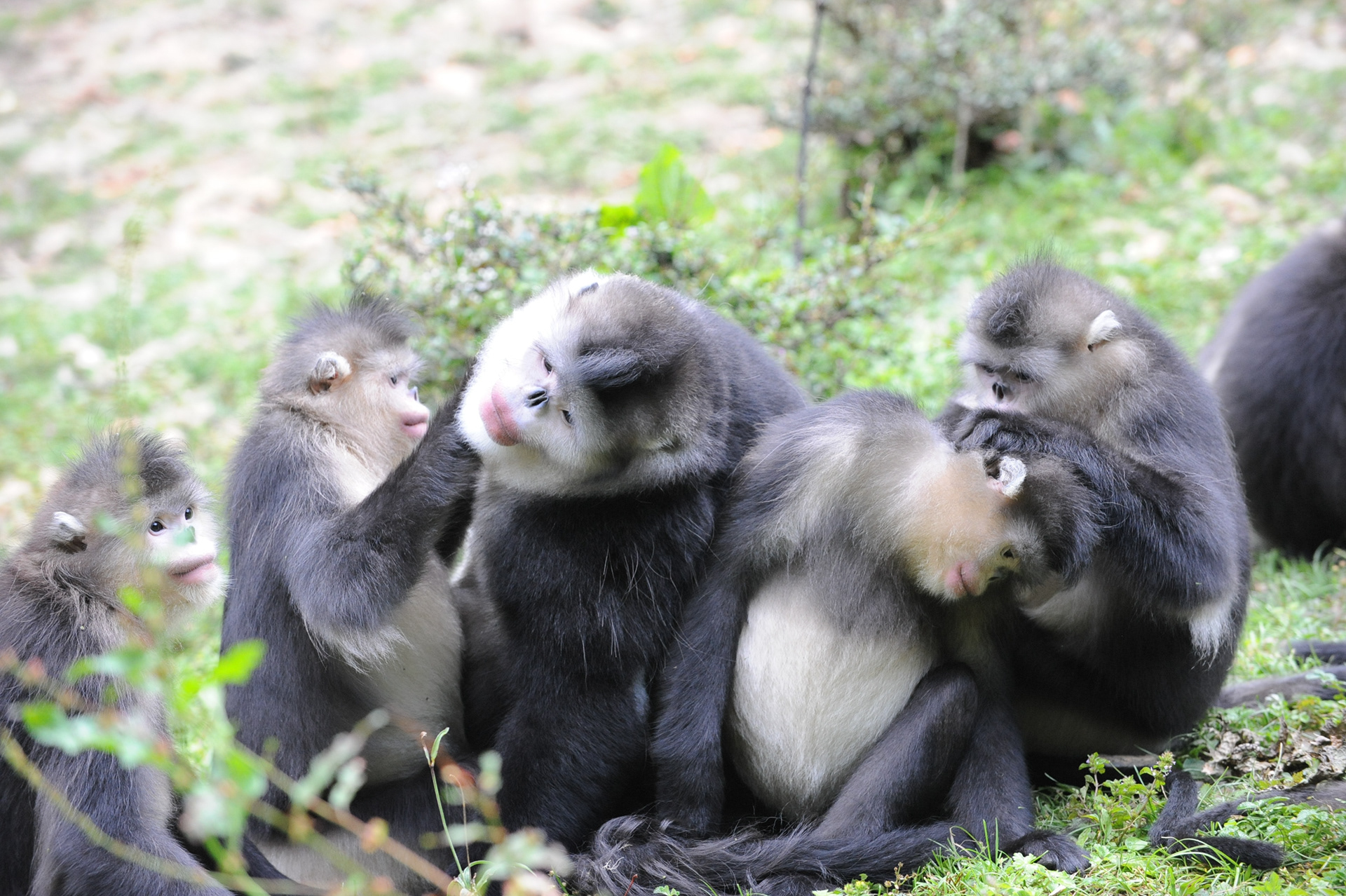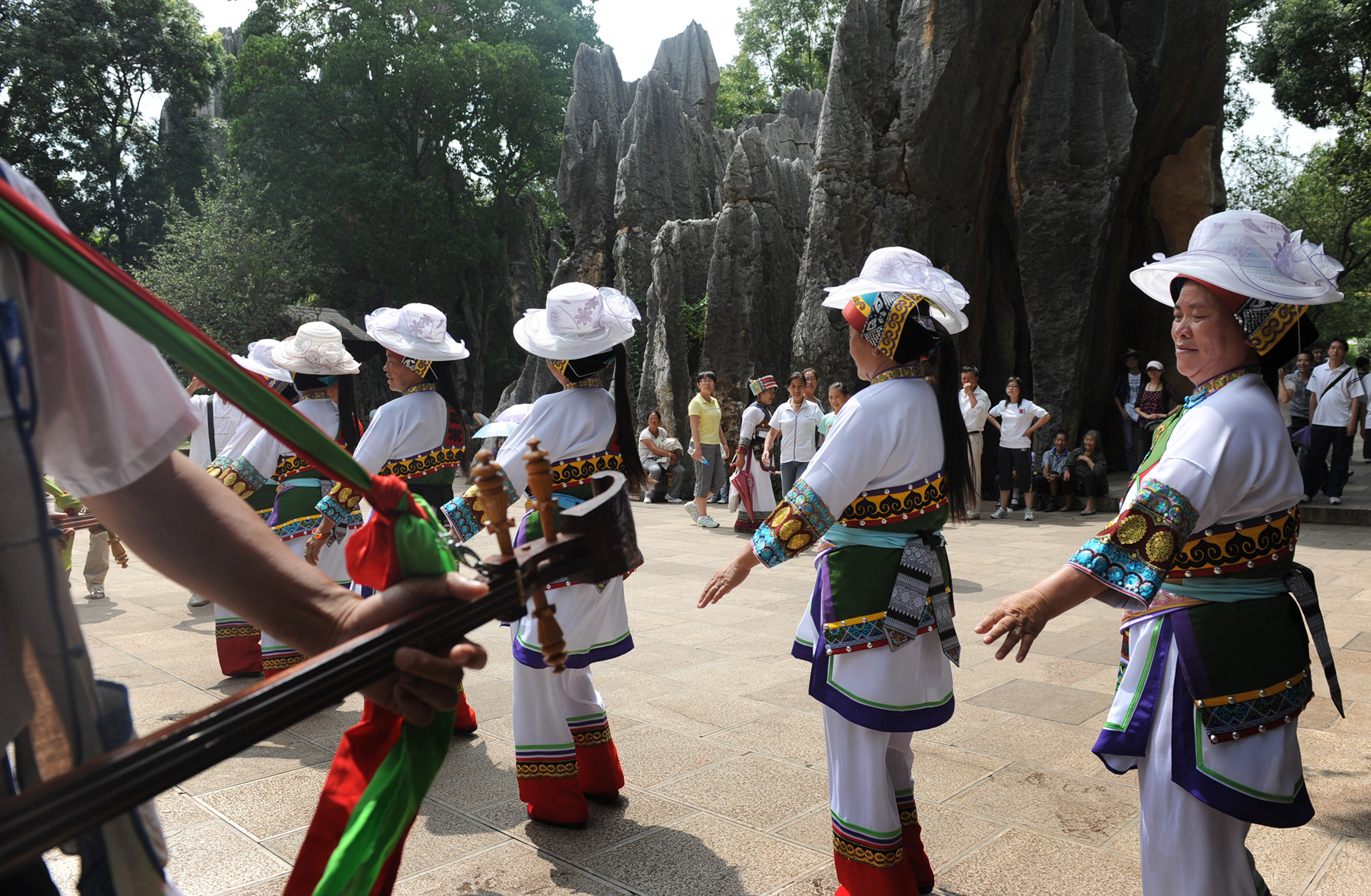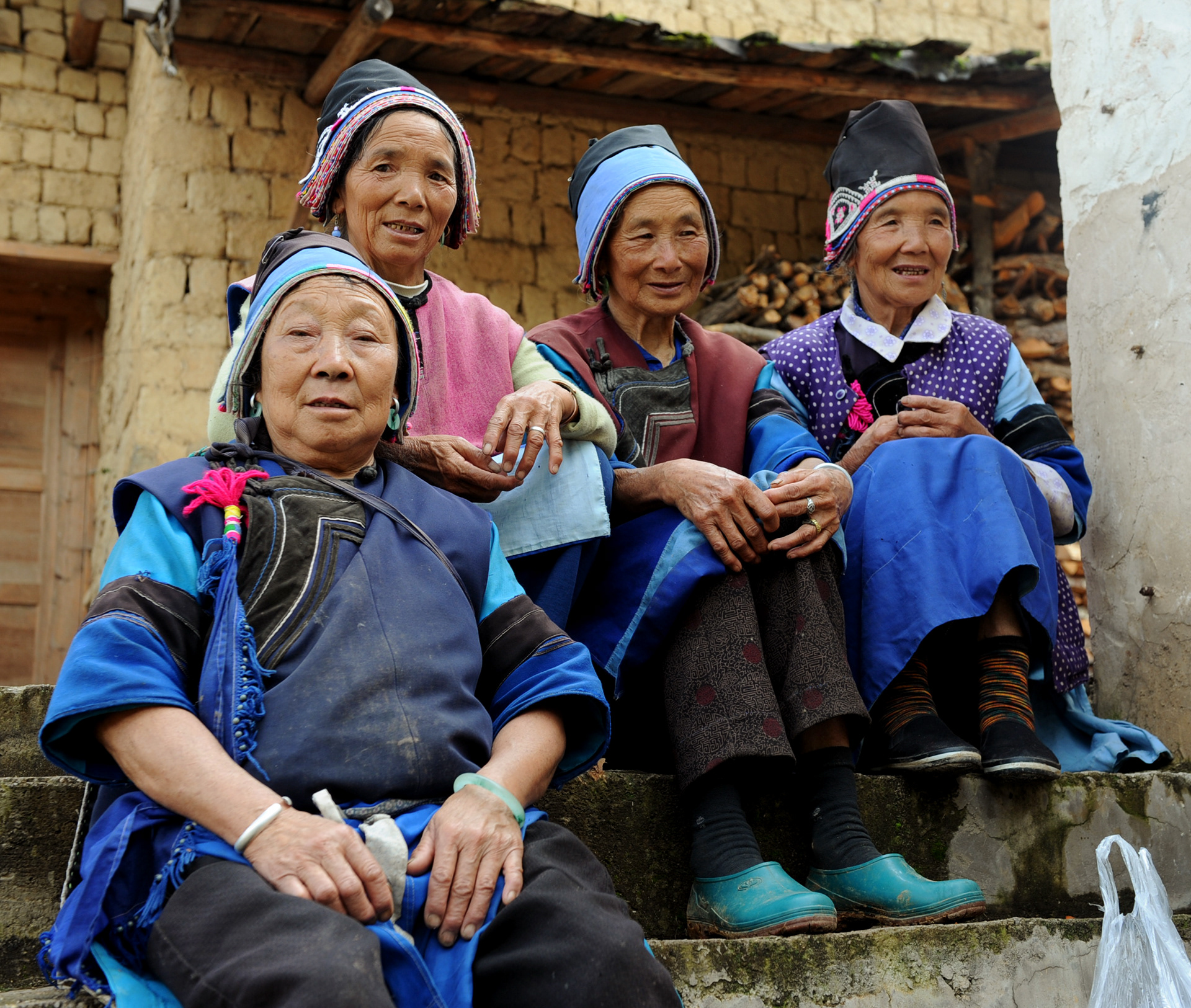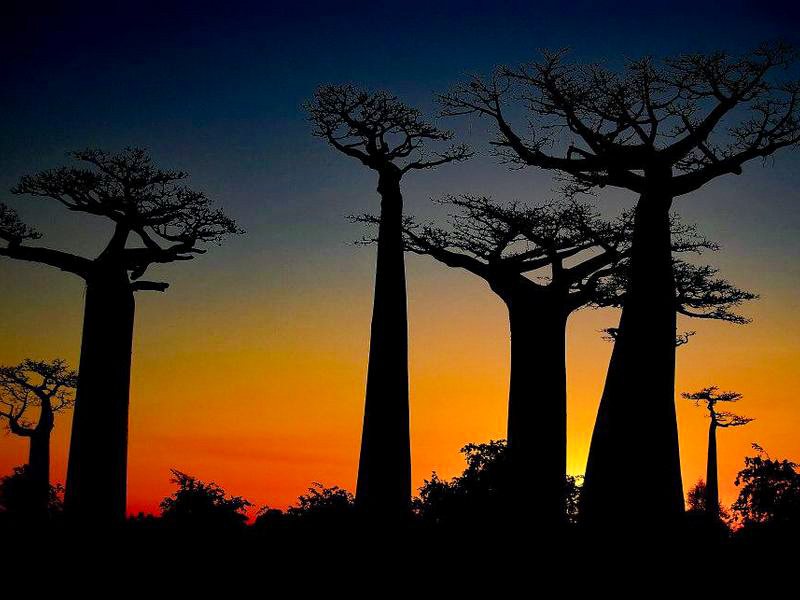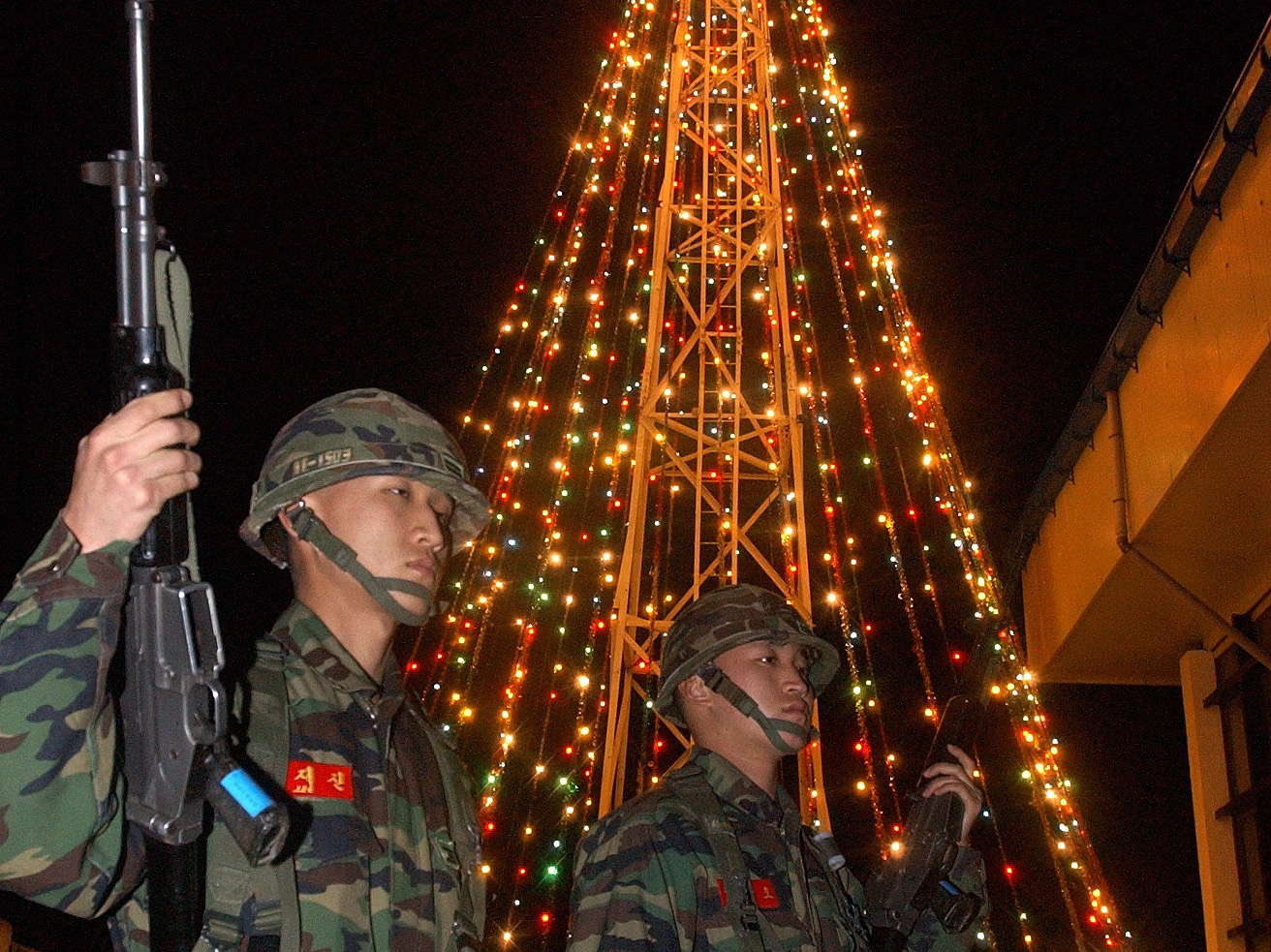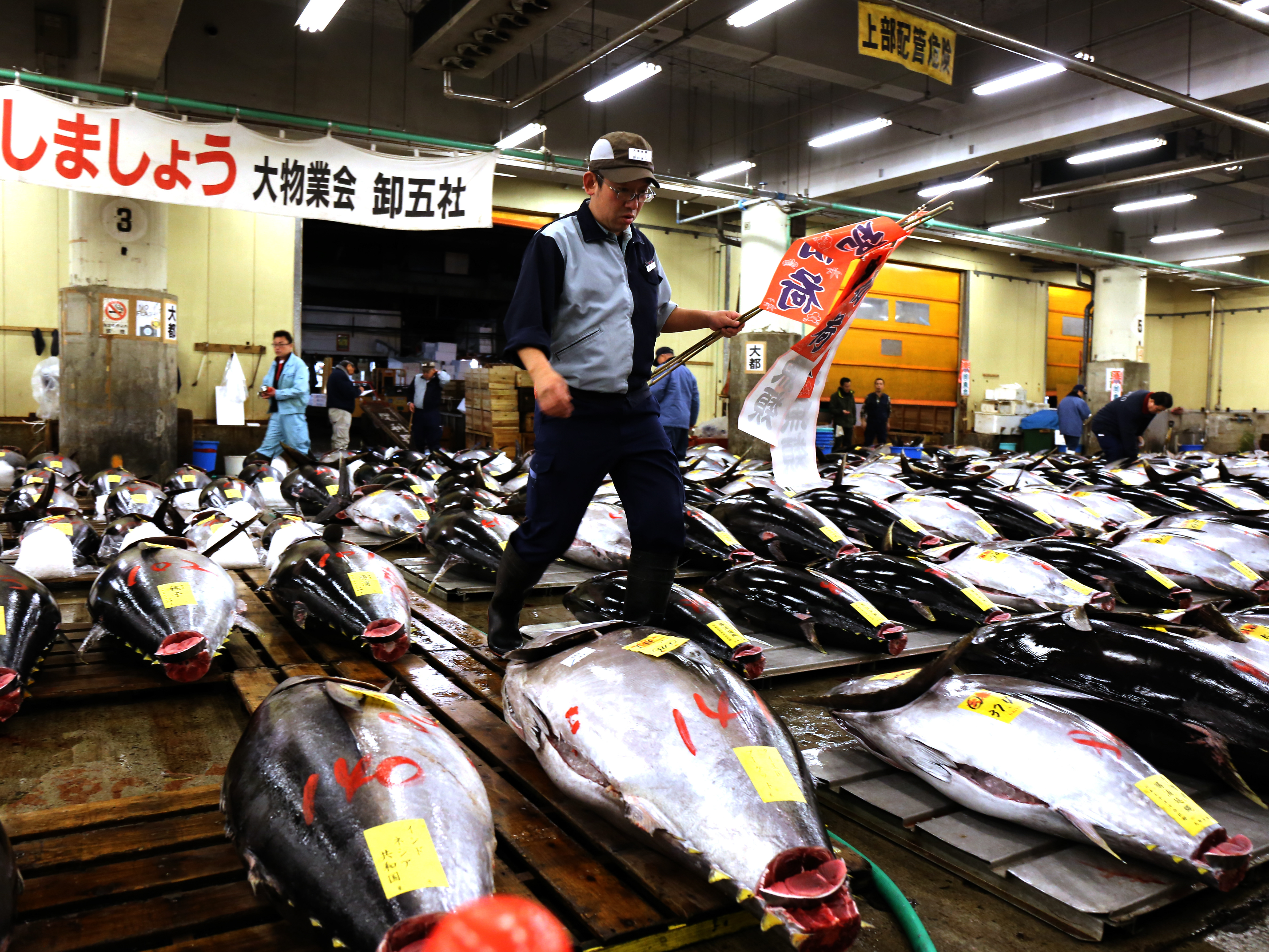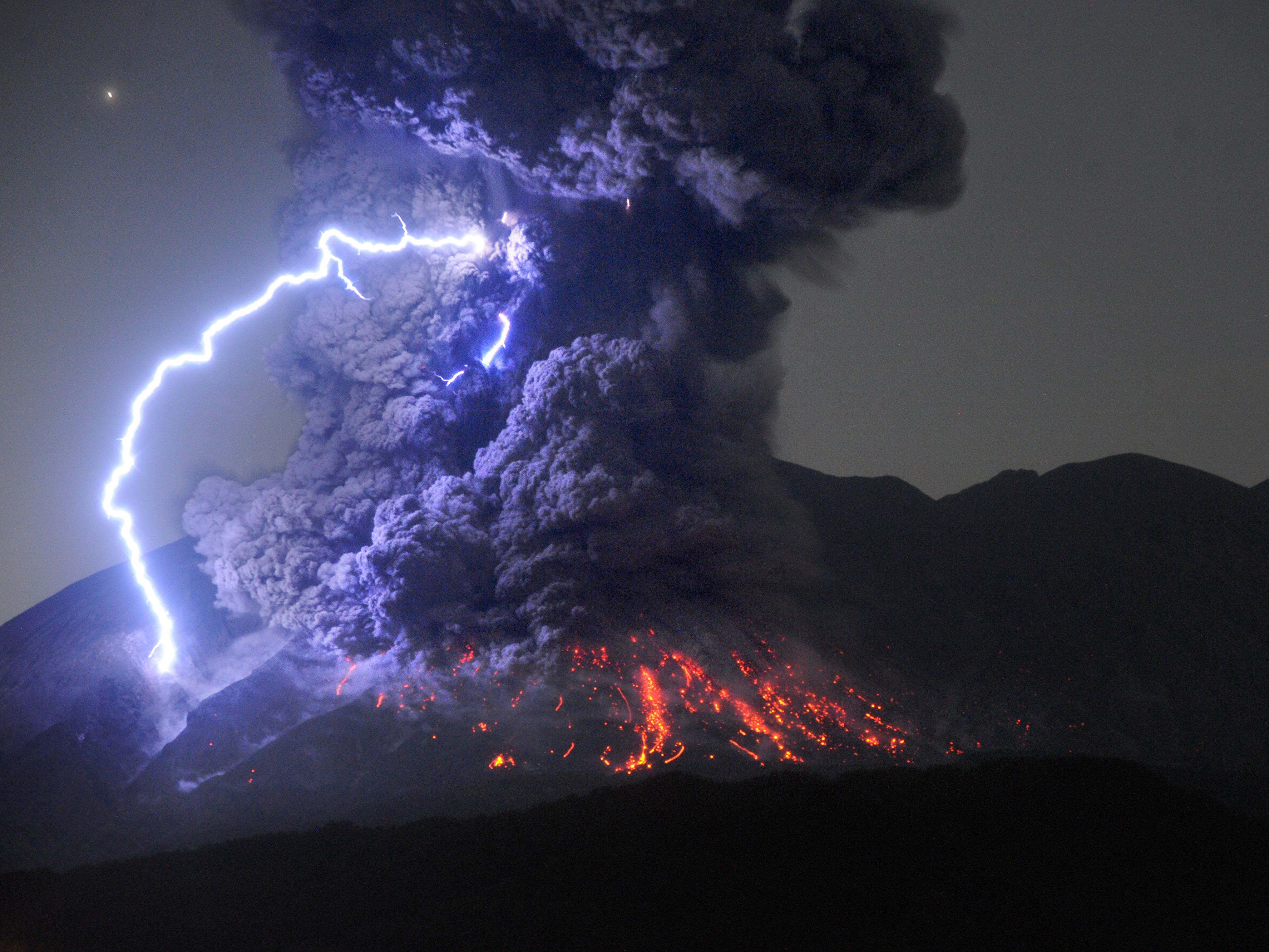Smokey Mountain, once an infamous dumpsite in Tondo, Manila, was home to thousands of scavengers who relied on waste-picking for survival. Among them was Niña, a 12-year-old girl who dreamed of becoming a teacher but faced challenges in attending school. Her younger brother, Alex, suffered from hydrocephalus and tragically passed away after the filming of their story.
By 2001, Smokey Mountain had already been officially closed since 1995, and efforts were underway to transform the area into a low-cost housing project. However, many former scavengers continued to struggle, with some relocating to the Payatas dumpsite, which suffered a catastrophic landslide in 2000, killing hundreds. Others settled in Barangay Aroma, where waste-picking remained a primary livelihood.
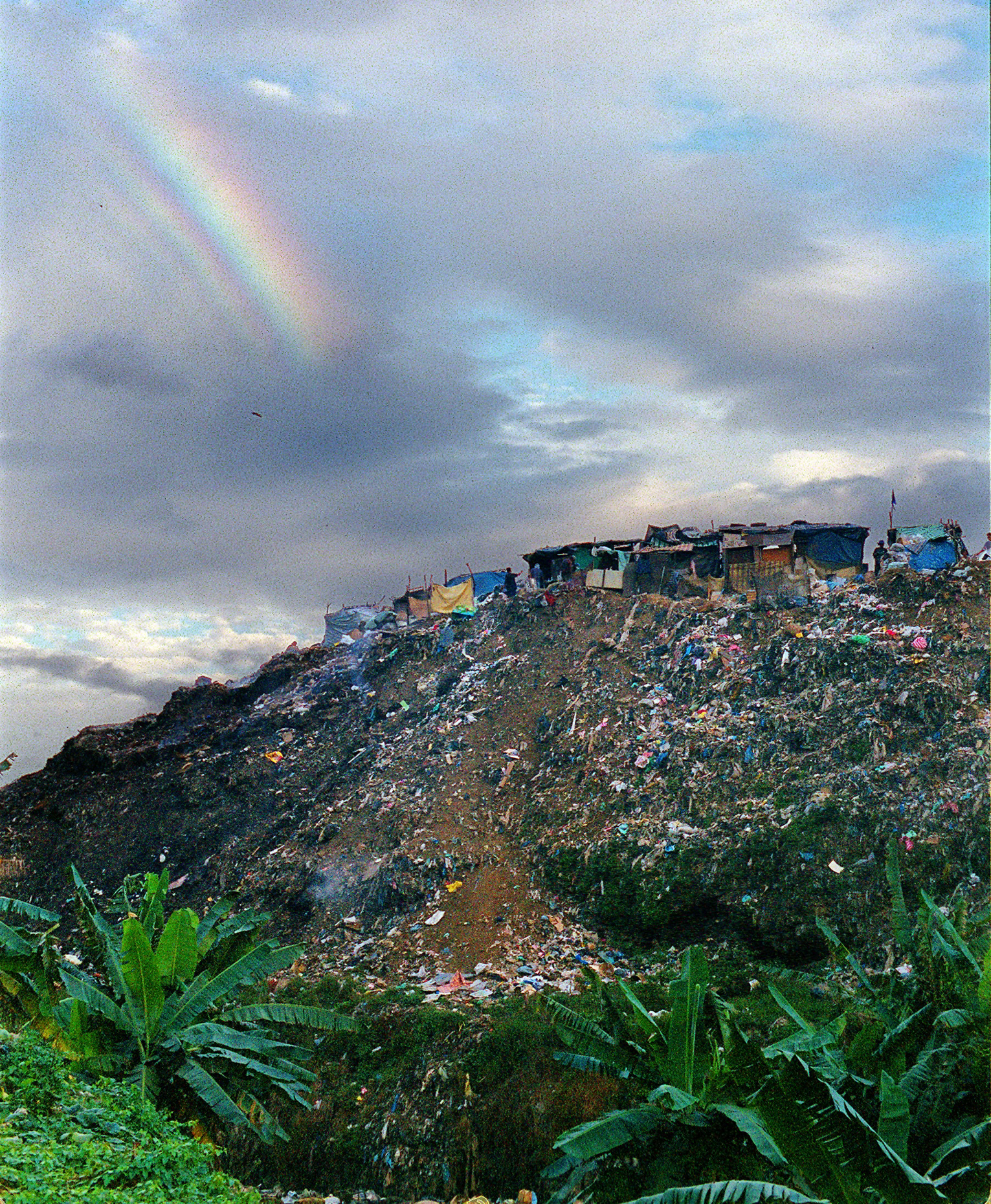
The rainbow shines equally over all people around the world, Phillippines, 2001
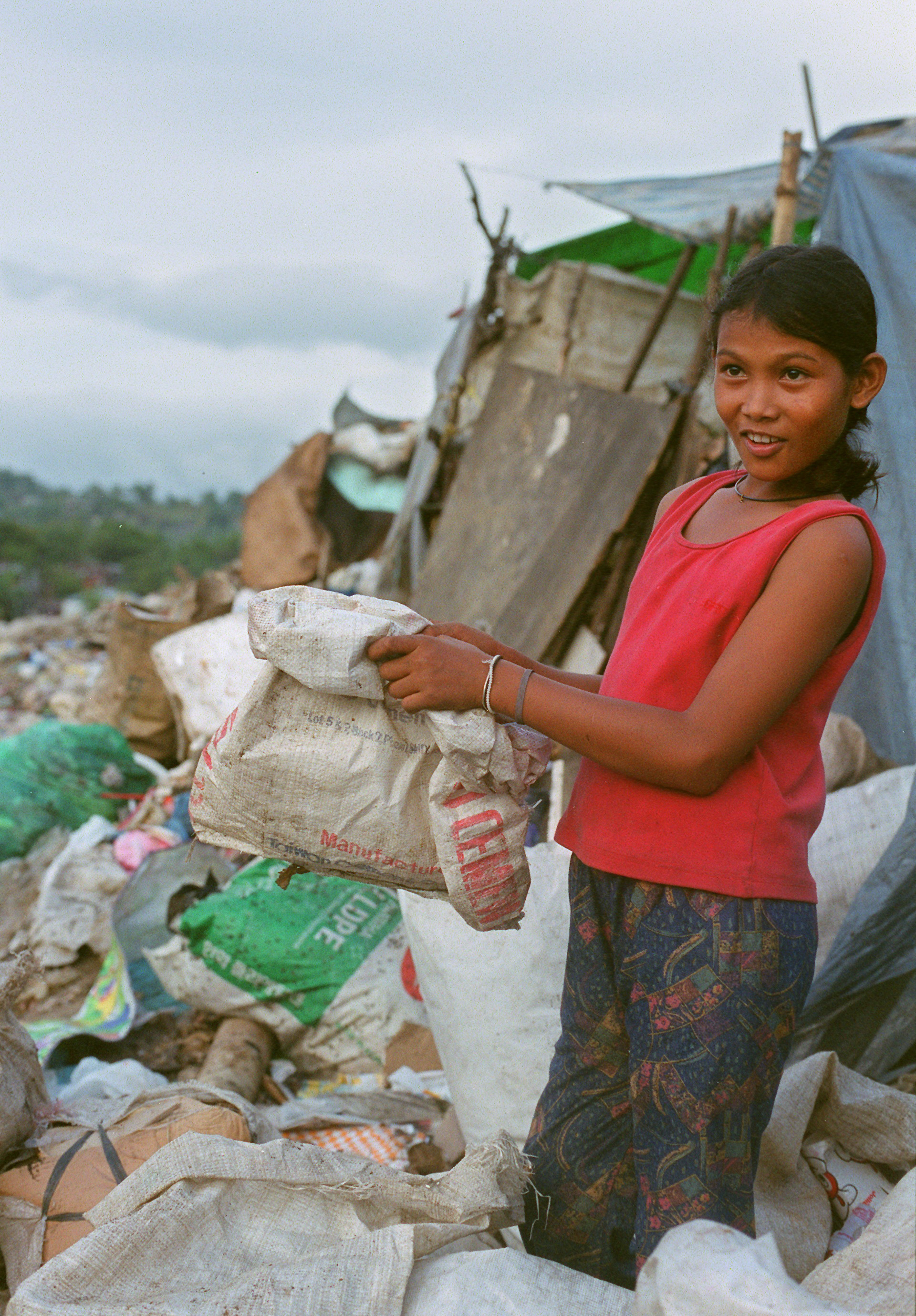
A 12-year-old girl Niña dreamed of becoming a teacher、2001
A solemn cross stands at Payatas dumpsite, honoring the lives lost in the tragic 2000 landslide
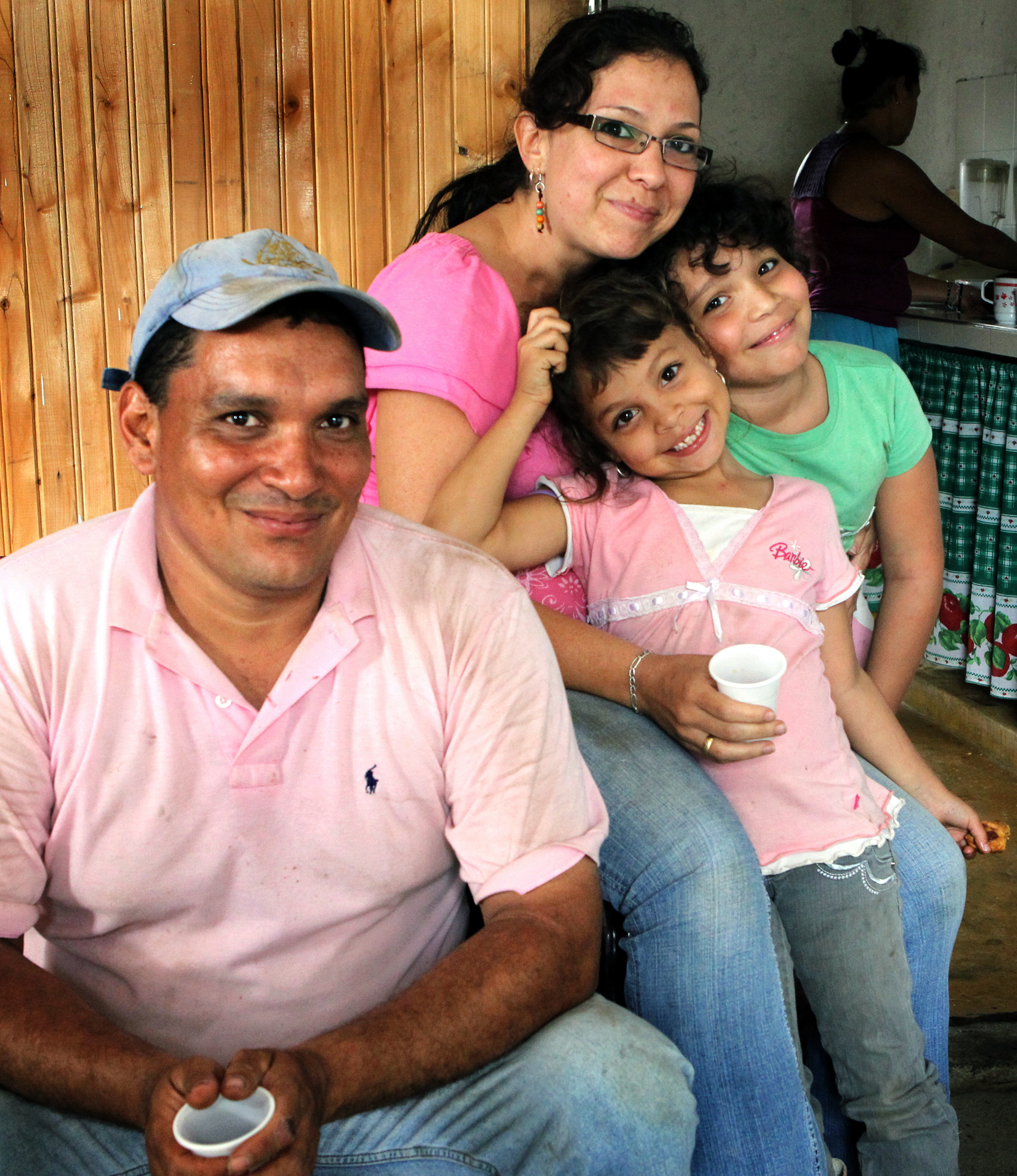
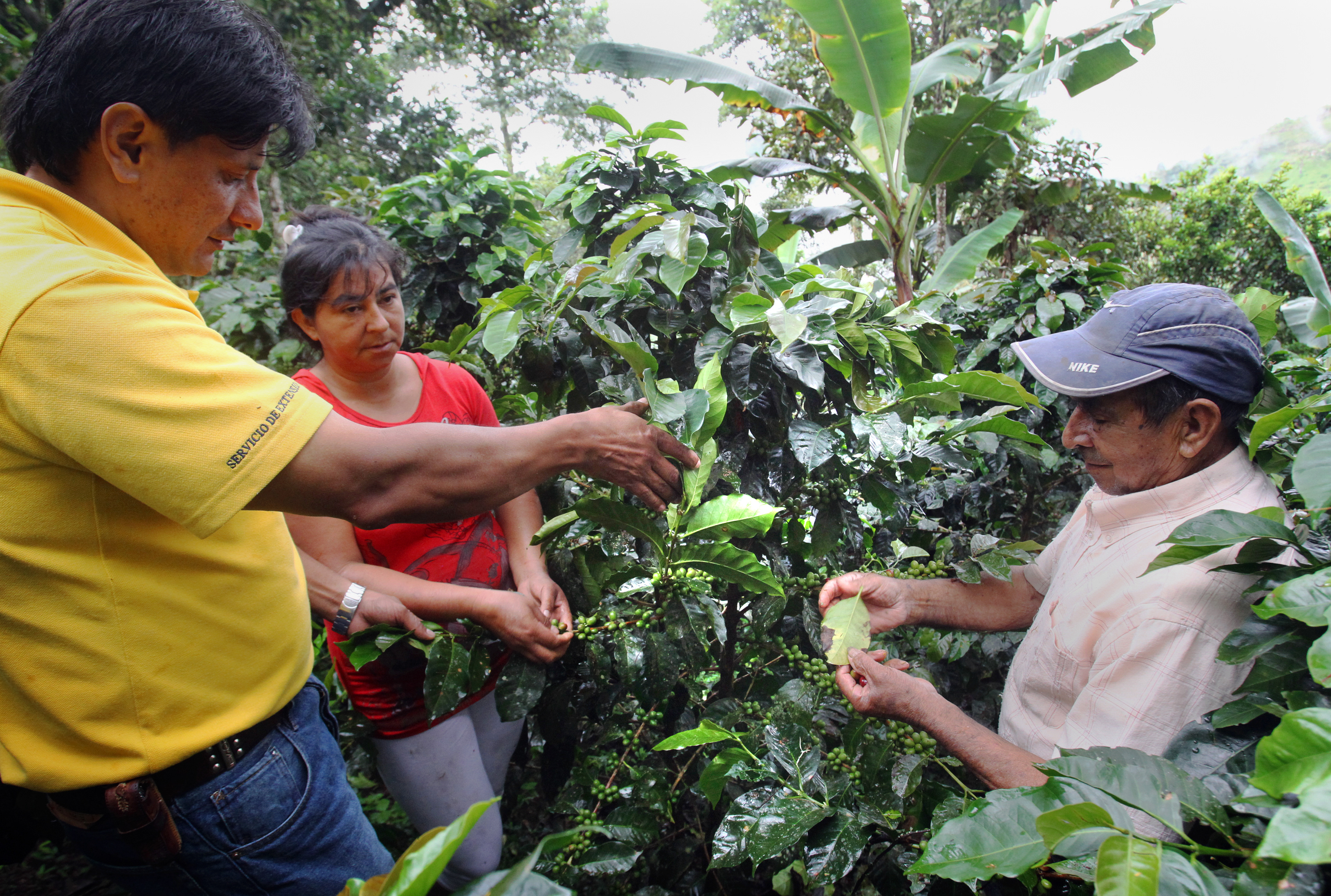
In the misty highlands of Boquete, Panama, a flash of vivid green and red emerges from the trees—the elusive quetzal, a bird long revered as a divine messenger in Mesoamerican culture.
Once abundant, the quetzal’s numbers dwindled due to deforestation and the expansion of coffee plantations. However, local farmers, including Ricardo Koyner, have taken steps to restore its habitat. By planting shade trees, preserving underbrush, and cultivating fruit-bearing plants that sustain the quetzal, they have successfully encouraged its return.
Boquete’s coffee farms, known for producing high-quality Geisha coffee, now serve as both agricultural hubs and conservation sites. The delicate balance between farming and environmental stewardship highlights the ongoing efforts to protect biodiversity in the region.
